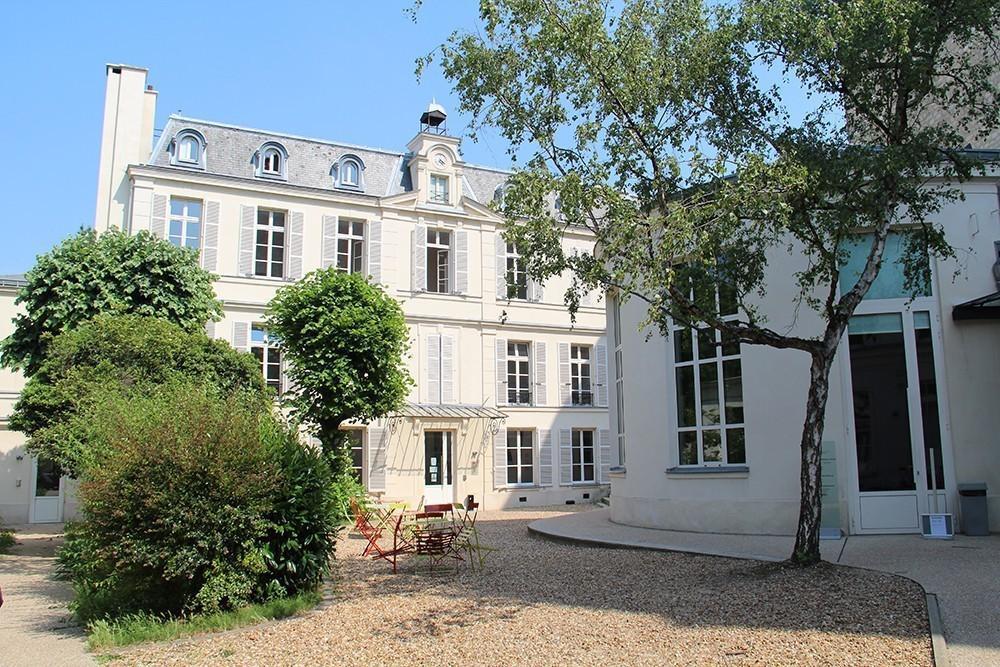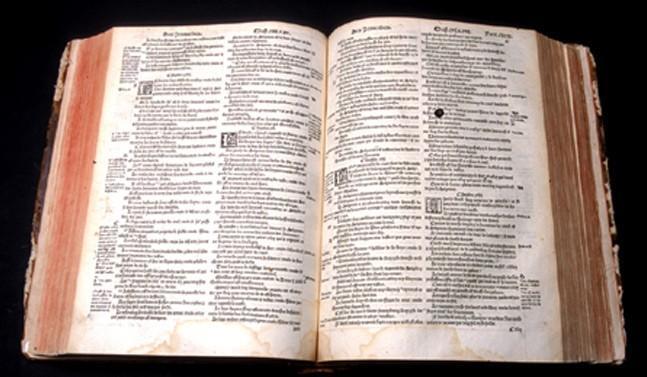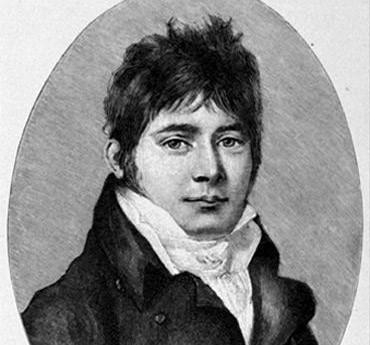Fideo-symbolism
Fideo-symbolism insisted on faith – on the relation to God – and lessened the importance of doctrine. The knowledge of God is something that lies beyond human formulas and expressions.
The Paris school and Eugène Ménégoz
At the end of the nineteenth century, doctrinal quarrels between the liberals and the orthodox progressively changed under the influence of the fideo-symbolist movement, also called the « Paris school ». Two teachers and deans of the faculty of theology in Paris – founded in 1877- contributed to a deeper and better understanding of doctrinal matters : Eugène Ménégoz of the Lutheran Church, and Auguste Sabatier of the Reformed Church.
Ménégoz had a wide hearing amongst church congregations, thus popularising and defending the claim by Fideism that salvation was a matter of faith and not of creed. He claimed that creeds resulted from the experience and thought that were specific to a particular period. As such, they are open to criticism and review. Ménégoz did not give great importance to doctrinal debates ; the latter do not affect the essence or the core of the Christian faith.
The symbolism of Auguste Sabatier's
Sabatier wrote for theologians and intellectuals. His chronicles on social issues or literary themes went far beyond the scope of Protestantism and were widely published in various papers. By means of critical symbolism influenced of Kant, he aimed at reconciling faith, science, history and psychology – at the time a new notion – as well as ecclesiastical commitment and freedom of thought. Religious knowledge is of a symbolical nature. God remains beyond our ideas, our images and our formulas ; by these our minds are opened to broader and inexpressible horizons. Doctrine and dogmas are relative : they evolve while yet referring to the same basic religious experience nourished by the Bible and founded on Christ.
Believers are united when their religion focuses on faith, on man’s relation to God, and when its expression is not considered of absolute value. To a religion founded on an authority (be it that of the clergy or of a book) fideo-symbolism wished to substitute a religion of the Mind based on spiritual experience and on the gospel from which it stems.
Associated notes
-

The Faculty of Protestant theology in Paris
Protestant theology had never been taught in Paris, not even at the time of the Edict of Nantes. The transfer of the Strasburg universities to Paris, in the years that... -

A new theological climate
During the 19th century, Protestant theology took a major turn. The new theological climate resulted from four factors : the development of biblical criticism, a new conception of truth, the secularisation... -

Liberalism
Theological liberalism was characterised by its extended freedom in doctrinal matters and by a new approach to the Bible resulting from the historical-critical methods of reading.
